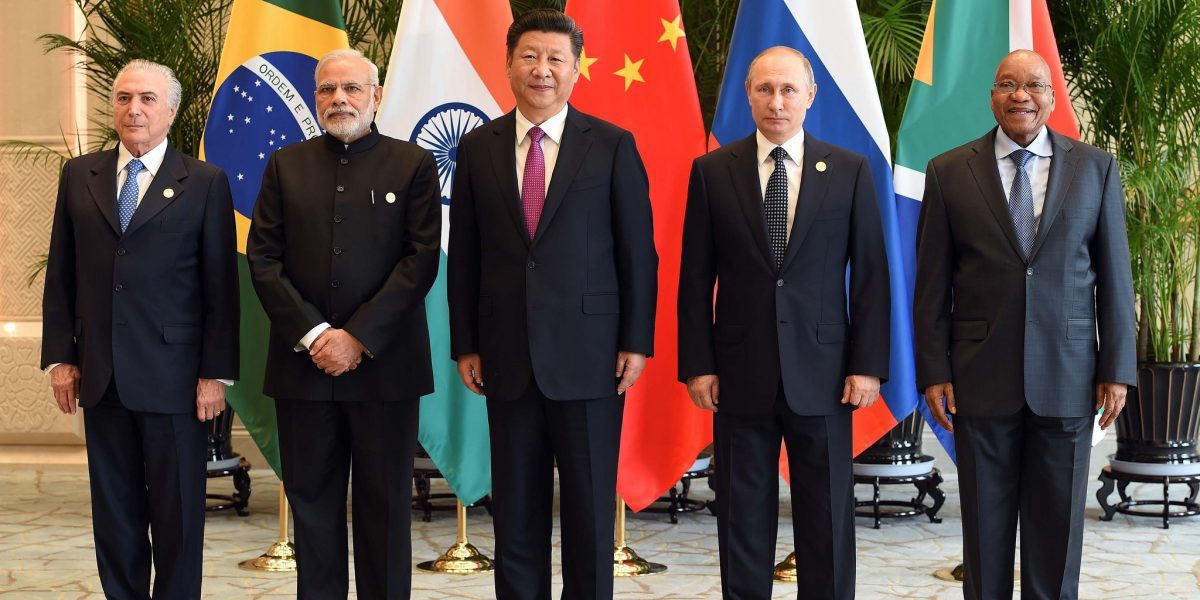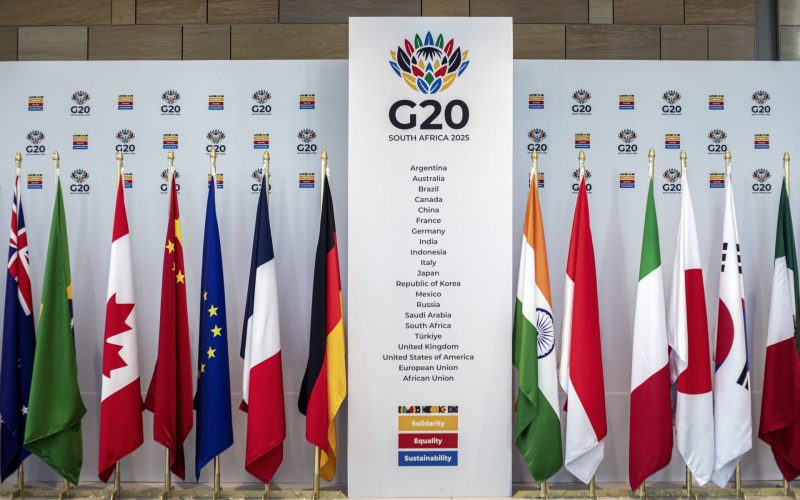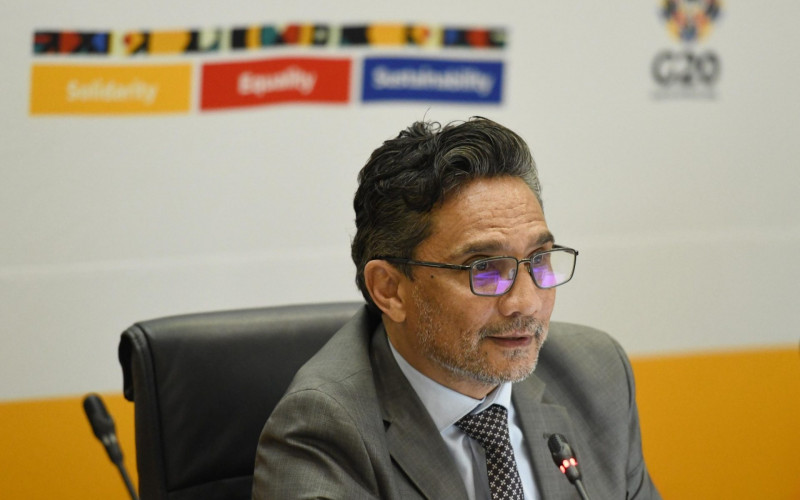This workshop focused on one aspect of these studies: their views of their responsibility vis-à-vis their regions and globally. On 6 November 2008 the EU-Africa Programme held an all-day conference that looked at emerging powers and international responsibility. It also looked at the different perspectives of the concept of ‘international responsibility’, how emerging powers have been exerting their international responsibility within their geographical regions and globally, the reactions of countries in the North and South, and the implications for regional and global order and stability.
Below are some of the presentations and working documents from the ‘Stepping up to the Plate: Emerging Powers and International Responsibility’ conference.
Responsible stakeholders: What does it mean and who defines them? By Professor Adam Habib, Deputy Vice-Chancellor, Research, Innovation and Advancement, University of Johannesburg.
Dr Jorge Heine, Distinguished Fellow, Centre for International Governance Innovation (CIGI), Canada
Brazil and Mexico in their region and the world
Brazil by Denise Gregory, Executive Director, Centro Brasileiro de Relações Internacionais
Mexico by Dr Arturo Sotomayor Professor of International Relations, Centro de Investigación y Docencia Económicas
India and China: Responsible stakeholders in Asia
The Rise of China, working paper by Dr Zhang Tiejun, Senior researcher, Shanghai Institute for International Studies.
India: Emerging power in a difficult region by Dr Siddharth Mallavarapu, J Nehru University.
Competing for influence & responsibility in Africa
South Africa by Elizabeth Sidiropoulos, National Director, SAIIA.
Nigeria by Professor Adekunle Amuwo, Executive Secretary, African Association of Political Science







